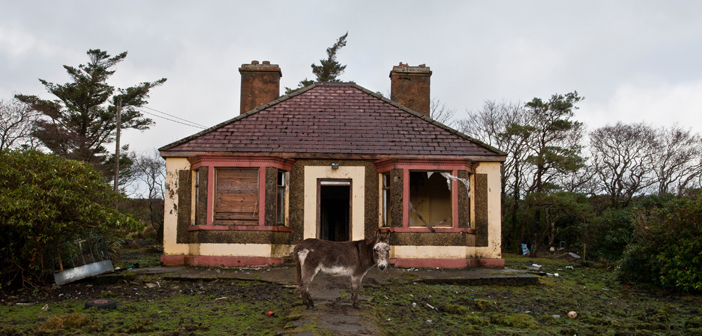With so many increases from fuel to VAT increased for the first time in 25 years from 14-15 percent increase. To excise duty and sin taxes going up, benefits for medical expense reduced and income tax bands not being adjusted. The tight budget ultimately means that most South Africans will have less money in their pockets for investments like property.
Therefore political and economic instability has been a factor in the damaged belief in property. From municipalities that cannot deliver services to the unreliable and expensive electricity and the shortfall of water in the country.
Today’s buyers are selecting smaller sectional title units giving up space for security considerations and lower operating costs. Even being much more equipped to be totally self-sufficient installing alternative energy saving systems.
The residential property market has been flat in real terms over the past decade. And FNB’s August House Price Index reveals a number of reasons why, these include:
- Sellers having to drop their selling price.
- An apparent deterioration in the balance between demand and supply of homes.
On average, houses are now on the market for a lot longer. The current average, from the bank’s Estate Agent Survey, is 16 weeks and four days, noticeably higher than the 11 weeks and one day in early 2016.
- Emigration selling of residential property has doubled since 2013.
On the back of weakening sentiment in South Africa often related to concerns over its long term policy and political direction. From a low of 2% of total selling, the emigration motive has risen to 7.8% of total selling by the second quarter of 2018.
The survey tracks three non-cyclical motives for selling:
- Due to change in family structure
- For safety and security reasons
- In order to emigrate
- Consumers cutting back on expenses and trying to reduce their long-term debt. This inevitably means fewer buyers looking to get into the property market and fewer buyers upgrading to bigger and better homes.

